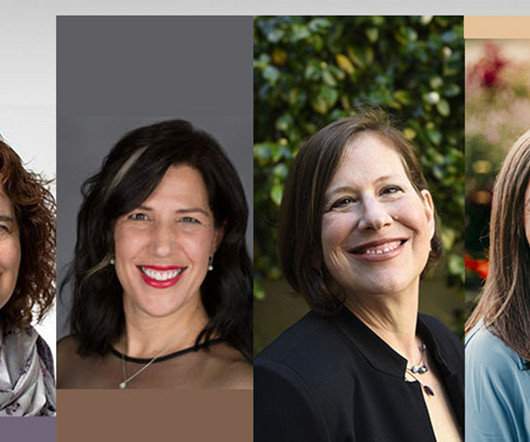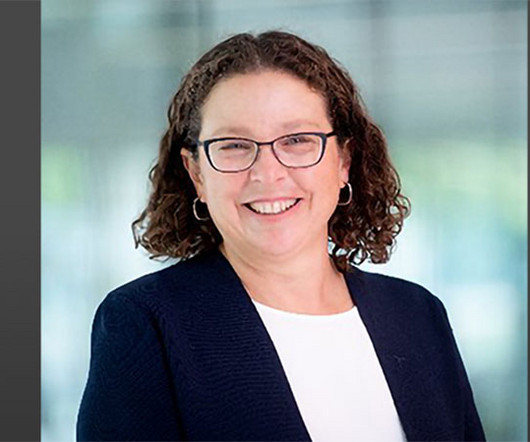How Doctors Can Save More and Do Less
The Motivated MD
SEPTEMBER 19, 2024
In medicine, it is commonly agreed that ‘to err is human’ Most healthcare professionals would agree that humans make mistakes. A study by Johns Hopkins in 2016 found that medical errors may potentially be the third leading cause of death nationwide. So yes, humans make mistakes. Set it and forget it!















Let's personalize your content